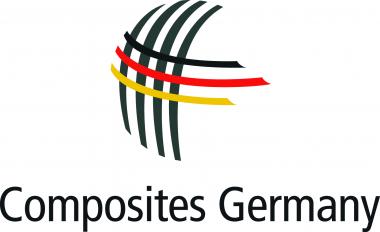NCTO welcomes appointment of new Chief Textiles and Apparel Negotiator
National Council of Textile Organizations (NCTO) President and CEO Kim Glas issued a statement welcoming the appointment of Katherine White as Chief Textiles and Apparel Negotiator for the U.S. Trade Representative’s Office (USTR).
“Katherine White is an excellent choice for the critical position of Chief Textiles and Apparel Negotiator. We are also grateful to U.S. Trade Representative Ambassador Katherine Tai for elevating this position back to a political appointee role, which is historically how it has been designated.
Katherine comes to this position with an outstanding resume, including a strong knowledge base and expertise in manufacturing policy and on textile-related trade issues, having worked most recently as an International Trade Policy Advisor on the House Ways and Means Committee, and prior to that, at the U.S. Department of Commerce and the White House.
Given the prominence of both the agency and her political appointment, we know she will play a highly instrumental role in shaping policy impacting our industry. She is a fantastic choice. We thank Ambassador Tai for the redesignation of this critical office and her support for our textile industry and its workforce. We also sincerely thank Dr. Laurie-Ann Agama for her service in the role through this transition.
We could not be more delighted to work with Katherine in her new capacity and look forward to coordinating with her on manufacturing and worker-centered trade policy that will help bolster the vital domestic textile sector.”
National Council of Textile Organizations (NCTO)
































